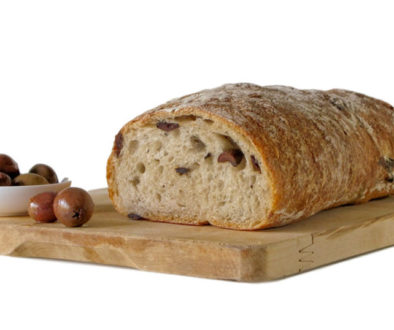Celiac: It Is An Autoimmune Disease That Affects The Bowel
When you think about Celiac disease you should know that it is an autoimmune disease that occurs in the small bowel. Age does not seem to make a difference on who contracts the disease which may even begin during infancy.
Some of the symptoms include fatigue, children that do not thrive and also diarrhea, and even when these symptoms are absent; there could be other symptoms that may show up in different organs of the body.
Occurs Because Of Reaction To Gliadin
 The reason why a person suffers from Celiac is that there may be a reaction to something known as gliadin which is a gluten protein that you would normally find in wheat. Once a person gets exposed to gliadin there is a certain enzyme known as tissue transglutaminase that changes the protein following which there is a reaction by the immune system with the tissues of the bowel which results in inflammation that in turn causes the small intestines’ lining to be flattened and so negatively affects the absorption of nutrition.
The reason why a person suffers from Celiac is that there may be a reaction to something known as gliadin which is a gluten protein that you would normally find in wheat. Once a person gets exposed to gliadin there is a certain enzyme known as tissue transglutaminase that changes the protein following which there is a reaction by the immune system with the tissues of the bowel which results in inflammation that in turn causes the small intestines’ lining to be flattened and so negatively affects the absorption of nutrition.
The only way to treat Celiac is by consuming a gluten-free diet.
Celiac is known variously as Celiac disease with ligature, Celiac sprue, endemic sprue and non-tropical sprue as well as gluten enteropathy and even gluten intolerance. The most typical symptoms of Celiac include weight loss or in children, stunted growths, diarrhea as well as fatigue, and even though Celiac is mainly a disease of the bowel, symptoms of the bowel may sometimes are limited and even absent. In the case of children that are aged between nine and twenty-four months, there should be some bowel symptoms along with problems with their growth which occurs just before they are exposed to products that contain gluten.
To diagnose the problem of Celiac, it may require the patient undergoing many tests and the level of the symptoms can dictate in which order the tests are to be performed. If gluten-free diet is taken, patients will normally find that the symptoms will slowly disappear in a couple of week’s time and the levels of antibodies come down in a period of a few months.

Because there is no cure for Celiac, the only thing you can do to treat the condition is to manage your diet and that means sticking to gluten-free diet. Dr. Glidden, Dr. Wallach, and others recommend a gluten-free diet regimen because it is the only solution to the symptoms of celiac disease. Completely eliminating gluten in the diet usually clears away the symptoms associated with the condition and contributes to the faster healing of the damaged intestine.
However, when there is severe deficiency in nutrients, patients may also require taking vitamins and also mineral supplements. The healing process too differs and in the case of young people, it may take a few months, while in the case of elderly people it can take two or three years for the condition to improve. And, the benefits of eating gluten-free diet is especially noticeable in children as it causes their physical symptoms to become better and even their behavior improves, and their growth begins to pick up once more.


